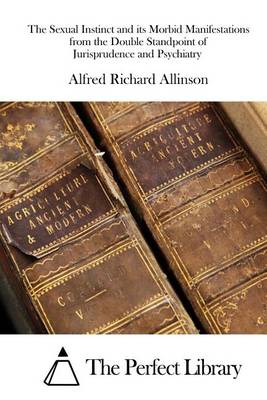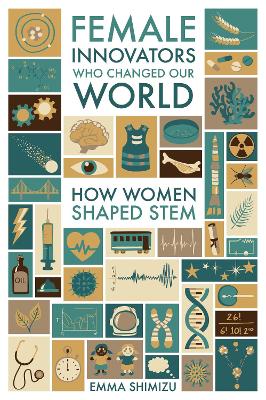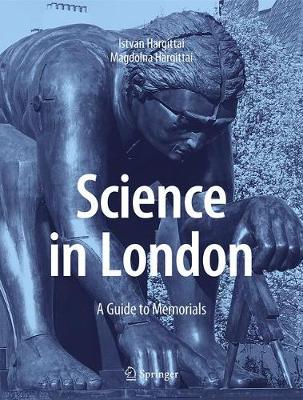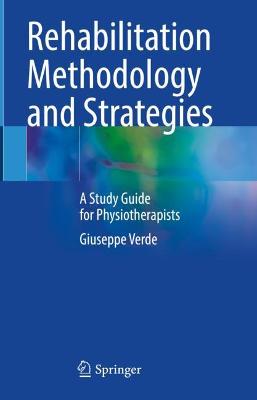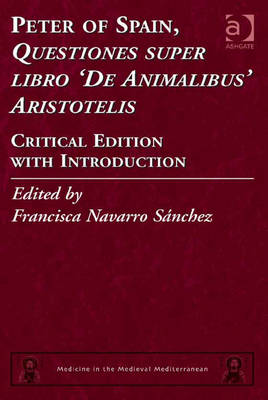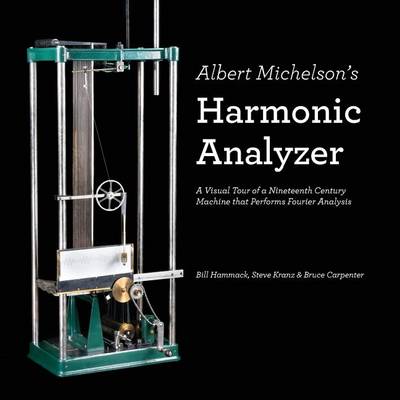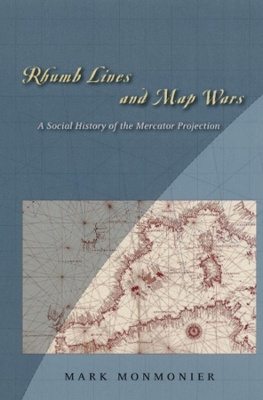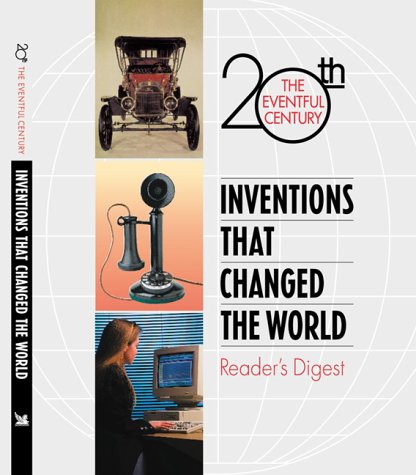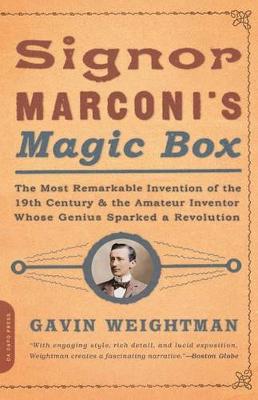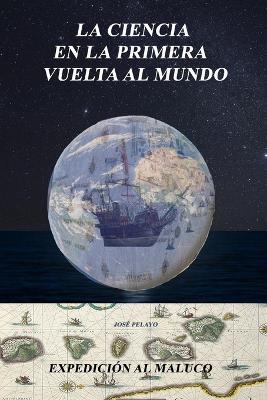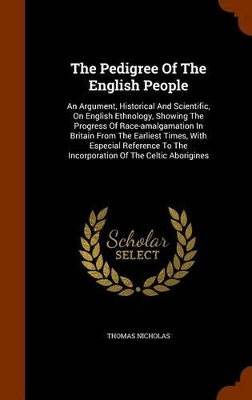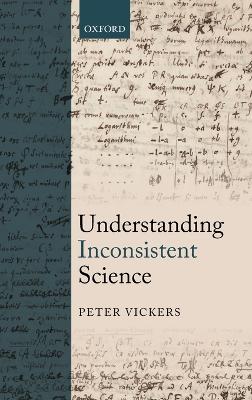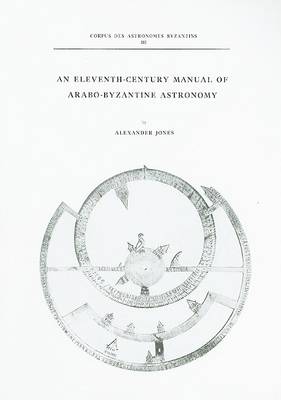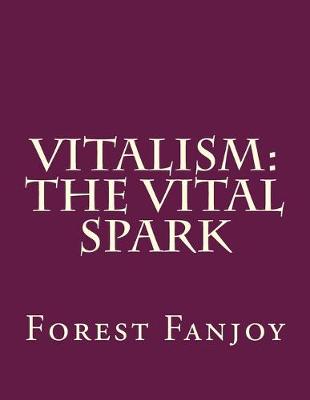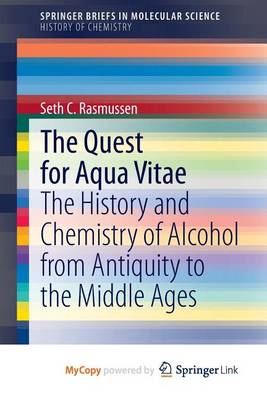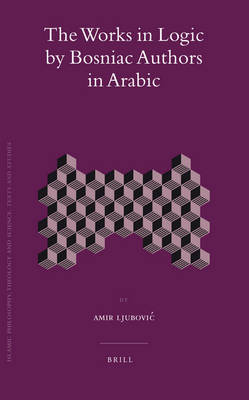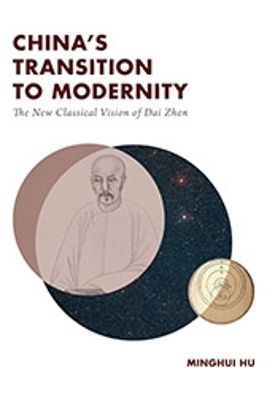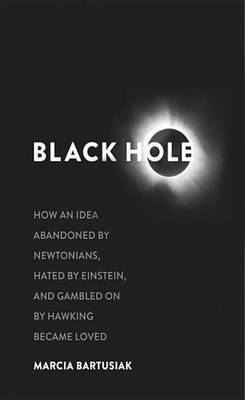First Principles of Television (History of Broadcasting: Radio to Television)
by Alfred Dinsdale
Female Innovators Who Changed Our World (Trailblazing Women)
by Green, Emma
We are not all born with equal opportunities. Yet there have been countless women who have overcome a range of barriers such as prejudice, illness, and personal tragedy to advance our understanding of science, technology, engineering, and mathematics (STEM). They used their knowledge to change the world, and their stories are fascinating. This book offers a concise introduction to the lives of 45 women, taking you into the cultural and social context of the world they lived in. Through their int...
Like its modern counterparts, Athenian democracy strove to be an assembly of all its citizens. But as is the case with modern democratic states, it often fell far short of this goal. This enlightening work focuses on a previously unexplored strata of Athenian society: the apolitical citizens. The author begins with a review of the traditional drives to honor and fame which gave impetus to ancient Athenian political life and then goes on to analyze the diverse motives of those who chose to abstai...
This book introduces the reader to the statues, busts, and memorial plaques of scientists, explorers, medicine men and women, and inventors found in the bustling capital of the United Kingdom, London. The former capital of the British Empire, London remains a world center of trade, navigation, finance and many more. It is also a hub of science, the seat of the Royal Society, Royal Institution, Science Museum, British Museum, Natural History Museum, and of great institutions of higher education....
This book explores rehabilitation methodology in Evidence Based Medicine (EBM), providing a description of the main traditional strategies used by physiotherapists. It supplies both physiotherapists and students with updated information on scientific professional choices for the patient's benefit by collecting traditional knowledge and trying to answer a fundamental question: is there an objective way of rehabilitating patients by using traditional concepts at the light of new evidences? Every...
Peter of Spain, Questiones super libro 'De Animalibus' Aristotelis (Medicine in the Medieval Mediterranean, #5)
This book presents an edition of the Questiones super libro `De Animalibus' Aristotelis, a work by one of the greatest philosophers and physicians of the 13th century, Peter of Spain (later Pope John XXI, 1205-1277). He took as the basis for his work the translation from the Arabic made in Toledo around 1220 by Michael Scotus which included three important Aristotelian treatises. Preceding the critical edition, Dr Navarro offers an introduction to the person and works of Peter of Spain, the inte...
Albert Michelson's Harmonic Analyzer
by Steve Kranz, Bruce Carpenter, and Bill Hammack
In Rhumb Lines and Map Wars, Mark Monmonier offers an insightful, richly illustrated account of the controversies surrounding Flemish cartographer Gerard Mercator's legacy. He takes us back to 1569, when Mercator announced a clever method of portraying the earth on a flat surface, creating the first projection to take into account the earth's roundness. As Monmonier shows, mariners benefited most from Mercator's projection, which allowed for easy navigation of the high seas with rhumb lines-clea...
Mathematical Modeling in Ecology (Mathematical Modeling, #3)
by C Jeffries
Mathematical ecology is the application of mathematics to describe and understand ecosystems. There are two main approaches. One is to describe natural communities and induce statistical patterns or relationships which should generally occur. However, this book is devoted entirely to introducing the student to the second approach: to study deterministic mathematical models and, on the basis of mathematical results on the models, to look for the same patterns or relationships in nature. This book...
Inventions That Changed the World
by Robert Dolezal and Of Readers Digest Editors
The world at the turn of the twentieth century was in the throes of "Marconi-mania"-brought on by an incredible invention that no one could quite explain, and by a dapper and eccentric figure (who would one day win the newly minted Nobel Prize) at the centre of it all. At a time when the telephone, telegraph, and electricity made the whole world wonder just what science would think of next, the startling answer had come in 1896 in the form of two mysterious wooden boxes containing a device Marco...
In recent years philosophers of science have urged that many scientific theories are extremely useful and successful despite being internally inconsistent. Via an investigation of eight alleged 'inconsistent theories' in the history of science, Peter Vickers urges that this view is at best overly simplistic. Most of these cases can only be described as examples of 'inconsistent science' if we employ reconstructions of science which depart from the real (history of) science to an unacceptable deg...
An Eleventh-century Manual of Arabo-Byzantine Astronomy (Corpus des astronomes byzantins, #3)
by Alan Jones
The Quest for Aqua Vitae (SpringerBriefs in History of Chemistry) (SpringerBriefs in Molecular Science)
by Seth C. Rasmussen
Ethyl alcohol, or ethanol, is one of the most ubiquitous chemical compounds in the history of the chemical sciences. The generation of alcohol via fermentation is also one of the oldest forms of chemical technology, with the production of fermented beverages such as mead, beer and wine predating the smelting of metals. By the 12th century, the ability to isolate alcohol from wine had moved this chemical species from a simple component of alcoholic beverages to both a new medicine and a powerful...
The Works in Logic by Bosniac Authors in Arabic (Islamic Philosophy, Theology and Science. Texts and Studies, #77)
by Amir Ljubovic
The book offers and explains the hypothesis that the end of the 13th century does not denote the "final stage" and the "stage of decay" of Arabic logic as the "Aristotelian logic" continues its life and development in the following period in Bosnia and Herzegovina either as a subject within the educational system, or as general propaedeutics for each scientific thought where it had skilled interpreters. The book proves that the people of Bosnia and Herzegovina used almost the same way to...
The figure of Dai Zhen (1724–1777) looms large in modern Chinese intellectual history. Dai was a mathematical astronomer and influential polymath who, along with like-minded scholars, sought to balance understandings of science, technology, and history within the framework of classical Chinese writings. Exploring ideas in fields as broad-ranging as astronomy, geography, governance, phonology, and etymology, Dai grappled with Western ideas and philosophies, including Jesuit conceptions of cosmolo...
The contentious history of the idea of the black hole-the most fascinating and bizarre celestial object in the heavens For more than half a century, physicists and astronomers engaged in heated dispute over the possibility of black holes in the universe. The weirdly alien notion of a space-time abyss from which nothing escapes-not even light-seemed to confound all logic. This engrossing book tells the story of the fierce black hole debates and the contributions of Einstein and Hawking and othe...

